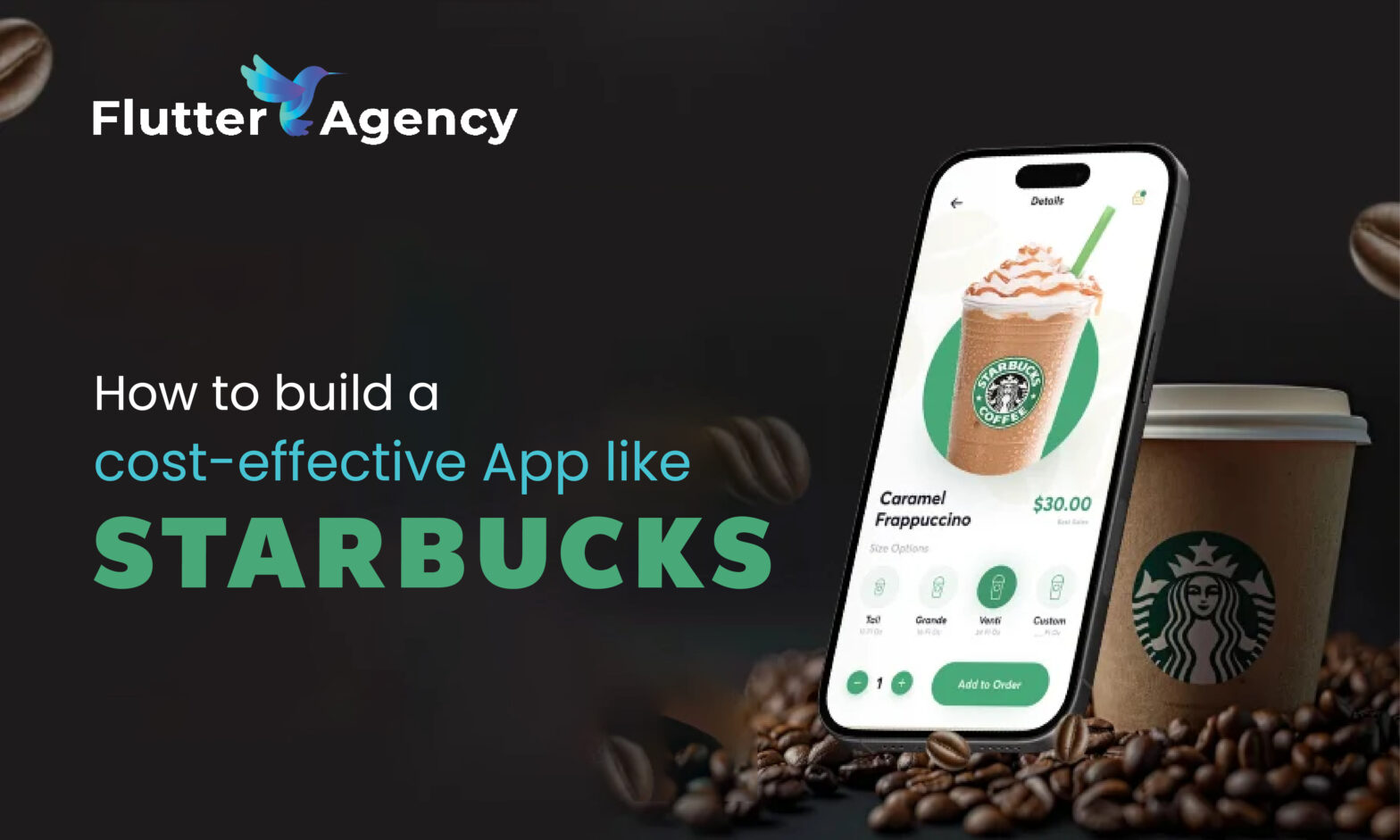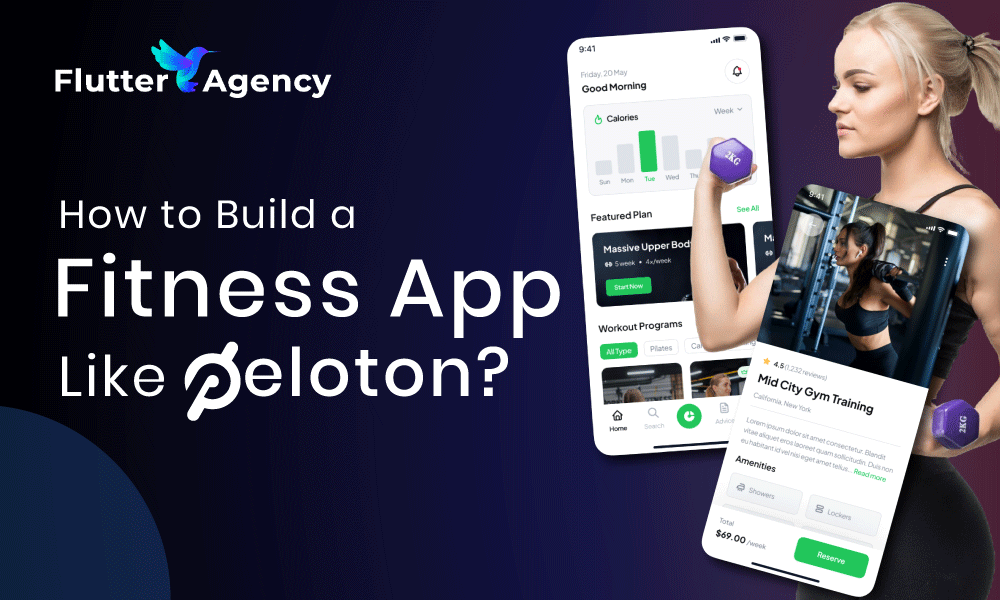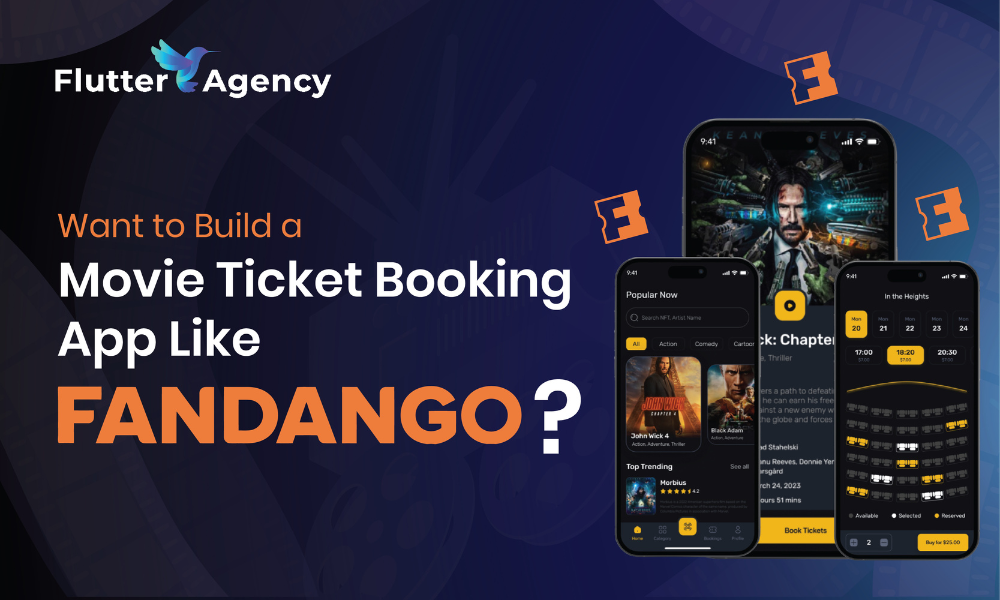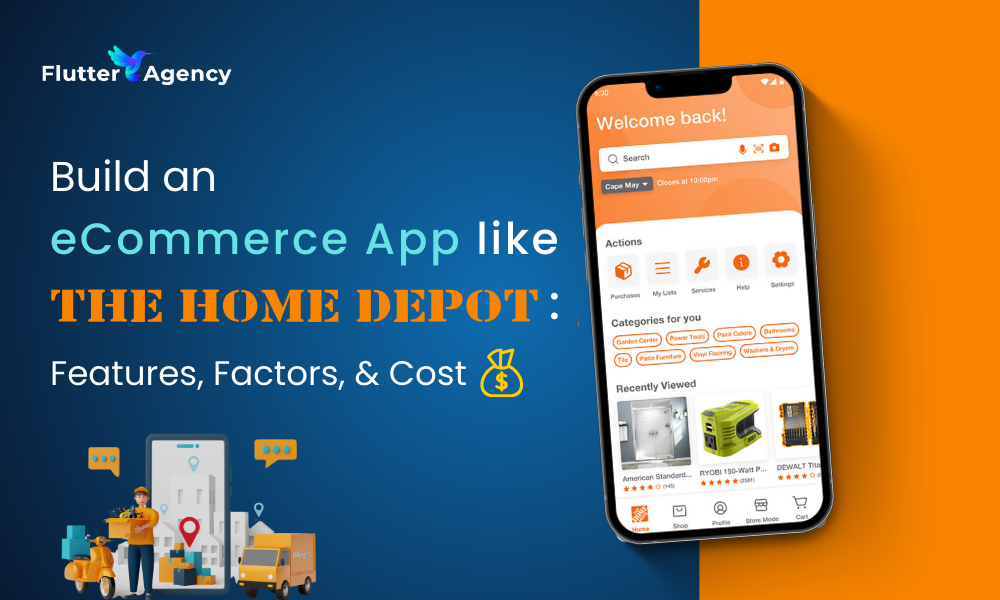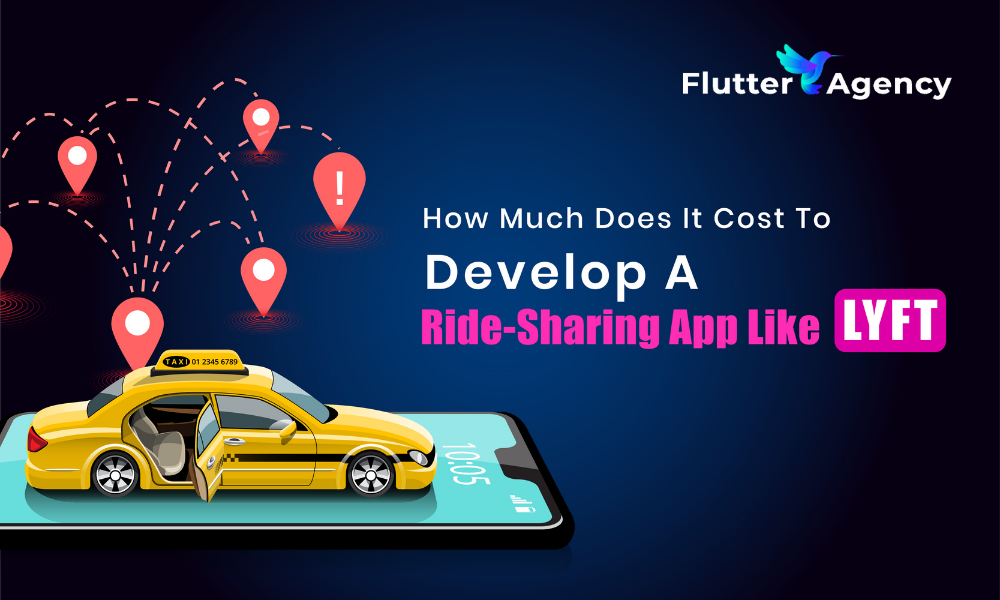GPS Tracking App Development: Process, Cost And Features
The mobile app industry is growing at a very high rate to meet the demand of users. Due to this, businesses are adopting and changing trends to survive and will thrive in this digital world.
Apps like Uber, Whatsapp and many more have been common in that. All these apps have brought revolutionary changes in the social networking, transportation and gaming segments, respectively, but the driving technology behind them is similar. It is a location-based service.
Almost 98% of the mobile applications installed on your smartphone use geolocation technology. These will help them to deliver highly personalized suggestions to users, which allows their businesses to reach their peak and provide customer value rapidly and efficiently.
Nowadays, location-based applications have expanded beyond the level of simple local discovery. However, this technology is one of the best leading trends that will rise in the future. In this article, we will discuss some of the essentials you must consider while developing a custom GPS tracking application.
As per AlliedMarketResearch, the global market size for location-dependent applications is expected to reach $318.64 billion in the year 2030. In comparison to 2020 data, the market was worth only $36.35 billion, recommending that an entrepreneur considering creating the new location-based application might seize the opportunity.
Working on GPS apps
An application that allows enterprises to offer multiple services is based on the user’s location using geolocation technologies and geographical details, independent of the cell tower data, enabled by Wi-Fi, cellular connectivity, or GPS signals.
Advantages of GPS apps for business
Using geolocation technology in mobile apps will help you provide various insights about trends and users and enhance overall business performance. It allows them to serve the users better per their demands and needs. Let’s take a look at below:
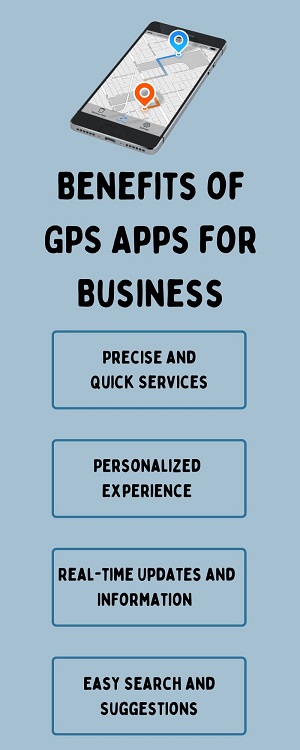
1. Precise and Quick services:
Dependent on the location data, organizations can deliver the solutions exactly when and where they are needed. It helps to build loyal customers. For example, a taxi app brand like Uber has given tremendous benefits by using GPS technology as it permits them to detect the accurate location of the rider requesting the ride.
2. Personalize experience:
The power of personalization never fails to impress. Many customers prefer to purchase if the brand provides them with personalized experiences. Geolocation apps support targeting the users as per their physical location with discounts and promotions to increase a brand’s popularity.
3. Real-time updates and information:
It helps to keep the users and businesses informed by allowing them to send real-time alerts of the events to the consumers in proximity.
4. Easy search and suggestions:
With an available location data option, businesses can analyze a user’s actions and provide excellent shopping tips with discounts and promotions to improve the customer experience.
Also Read:
Super App Development: Types, Benefits & Challenges
Technologies used in Creating a location-based app
There are usually two kinds of location-based services: Indoor and Outdoor.
1. Indoor Geolocation Technologies
Geofencing:
This is the first indoor technology created on cellular, GPS and Wi-Fi data. It will make the virtual geographic boundary by enabling the software to trigger a pre-programmed action when the smartphone enters or leaves a specific point. Geofencing is often used in advertising and marketing to identify prospects with relevant ads and offers. It primarily uses three types of triggers:
Static: When a mobile app user visits a specific place
Dynamic: Track a user’s location and send real-time notifications depending on changing the data stream.
Peer-to-Peer: Notify the mobile users concerning other known users to check in nearby locations.
iBeacon and Eddystone:
iBeacon is the software protocol developed by Apple and Eddystone is the service offered by Google. Both these technologies are entirely dependent on Bluetooth Low Energy (BLE) signals for indoor positioning. BLE sends out the identifiers which help trigger the corresponding actions in the custom-designed smartphone for Eddystone or iBeacon. For instance, if we assume sightseeing with a particular app, the device will continuously show all details about the area.
2. Outdoor Geolocation Technologies
Global Positioning System (GPS): All smartphones are equipped with the inbuilt GPS module and receive signals from multiple sites simultaneously to determine the location within the 4 meters of the device.
Wi-Fi: It will identify a location as the GPS does. It is cost-effective and has covered small areas compared to GPS, but it works well with Received Signal Strength Indicators (RSSI) and Google maps. The RSSI approach will help to locate a user using the Wi-Fi points.
Cell ID: You can also use the GSM base stations to identify the geolocation of the app user. Mobile phones are capable of detecting cell towers to which they are connected. Finding a cell station coordinate can establish the location on their map.
Location-based Services application use cases across the various industries
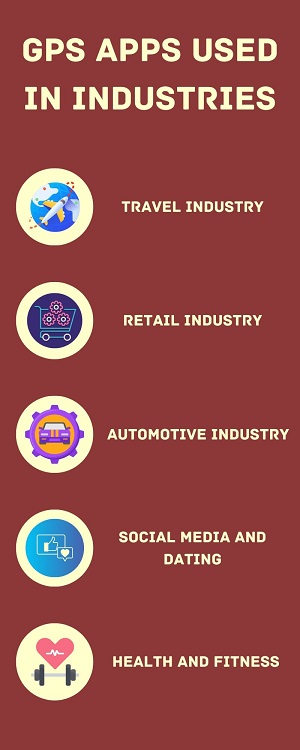
1. Travel
The geolocation application has revolutionized the travel and booking industry. It helps to locate restaurants and must-visit places nearest to the user’s current location. However, it also sends real-time advisories and messages to tourists.
2. Retail
Retail brands are also using geolocation apps to enhance their in-store experience. It helps the customers to quickly and rapidly locate the items within the store. They can check the availability of the item inventory with its ongoing offers and promotions. They can select and opt for convenient delivery or pickup.
3. Automotive
The geo-tracking application remotely controls the fleet and organizes the distribution of work. The GPS tracking system beacons with the geo-tracking give real-time insights into the activities and reports on-the-go-staff. It supports the mobile app dependent on vehicle location tracking, updates the passengers about delays and trip arrivals, and enforces speed and delivery compliance.
4. Social Media and dating
The geotag enables easy discovery, which connects the user according to their location. However, apps like Instagram and Facebook utilize geolocation to target customers with native ads. It will help you shortlist and showcase the nearby people based on their location and category. It helps to connect easily with people across the globe as per its location.
5. Health and Fitness Tracking apps
Nowadays, people are becoming more health-conscious. These GPS apps can track all outdoor sporting tasks like jogging, cycling, etc. However, users can plan their daily workout schedule and analyze their fitness regimen. It locates at the nearest fitness studio or the personal trainers. They can also engage with the fitness application enthusiast while changing the location.
Features in Location-Based Applications
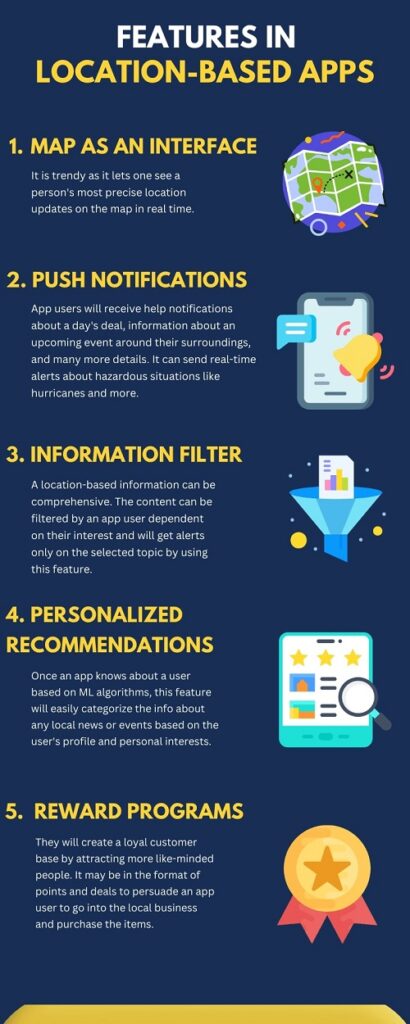
Steps to create GPS app development
Step 1: Market analysis
- Define a type of app you would like to develop
- Go through market and competition research
- Concentrate on your target audience, problems and how your app can be helpful to app users
Step 2: Select Reliable Tech Partner
Choosing an experienced app development agency will help you select the correct tech stack, APIs, the set of tools to be used in developing the software product.
Step 3: Features and Functionalities
It is time to decide on the significant elements you wish to include with the location-based apps. However, with an app development partner, it is based on research to make the list of features categorized by primary, secondary and tertiary, which you want to integrate to make the user-centric app.
Step 4: Data security
Your app’s security is something to which you must pay attention. Data protection laws are becoming stringent worldwide. Hence, access to location and user data benefits the app. The app may comply with local regulations in all regions where you wish to target the app.
Step 5: Design and development
Once all the needs come in one place, your tech partner, with their mobile GPS mobile app development capability, will help you craft and integrate the methodology that suits your project requirements.
Step 6: Test and launch the app
After the app’s features have been developed, the app development company will carry out different testing methodologies to ensure there are no errors and bugs in the app.
Cost of Geolocation App Development
The entire cost of the location-based mobile app is dependent on several factors.
As a leading mobile application development company, we have highlighted some of the elements that would affect the development phase. Let’s see some of the components that affect your app development budget.
- Project type
- Features and functionalities
- Compliance adherence requirements
- Complexity and Scalability of the app
- Time is taken to develop the app
- API integration
- Development platform
- App Developer rates
Conclusion
GPS application development has significantly improved the interaction with customers. With the help of a geolocation feature, information comes to the user at the correct place at the proper time. As a pioneer in the mobile app development firm, a team of Flutter programmers helps you analyze a project and pick up the correct features and functionalities of the geolocation-based app for network traffic analysis, delivering the content and many more. If you have some innovative and unique ideas for the location-based application, then we are happy to help you that will be able to stand on top among the GPS apps.
Frequently Asked Questions (FAQs)
1. Will GPS apps work without any service?
Yes, on iPhones and Android devices, google maps location and follow you wherever you are without the internet or data. The GPS on your smart gadget can do both things simultaneously. Smartphones make the best GPS which will work without an intent service.
2. What will create a good navigation app?
It will provide you with many features like turn-by-turn voice-guided navigation, traffic updates, estimated arrival time, and provide access to offline maps. These apps must be functional on well-known platforms like iOS, Android and the web.
3. What are the effects of GPS technology?
It has completely changed the way people communicate and live. It has made the environment a safer and more accessible place to live. GPS installed on mobile phones will assist people in mapping and give the correct directions to reach the destination.
More Resources:
- 7 Best Taxi Service Qualities That Every Company Consider
- Top 7 Food Delivery Apps in the USA in 2022
- Simple Steps to Develop Restaurant Reservation app
Contemporary ventures
Recent blog
ready to get started?
Fill out the form below and we will be in touch soon!
"*" indicates required fields


